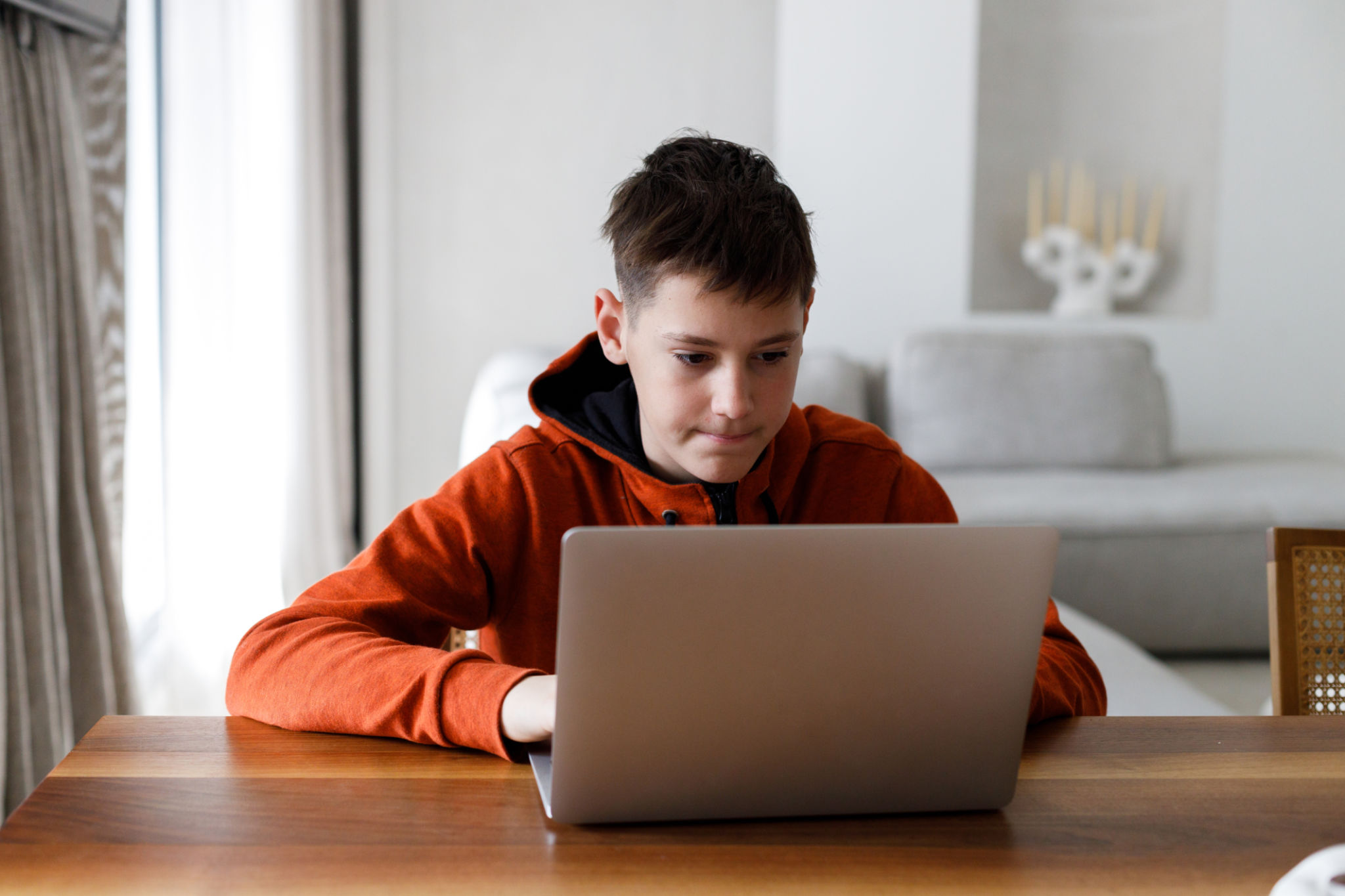Balancing Screen Time: Healthy Habits for Children
Understanding the Impact of Screen Time
In today's digital age, screens are an integral part of children's lives, from educational tools to sources of entertainment. While technology offers numerous benefits, it's crucial to understand the impact excessive screen time can have on young minds. Studies have shown that prolonged screen exposure can affect children's physical health, social skills, and cognitive development.

Parents and guardians face the challenge of navigating this digital landscape, ensuring that children enjoy the advantages of technology without succumbing to its pitfalls. Balancing screen time is essential for fostering healthy habits that will benefit children throughout their lives.
Setting Appropriate Screen Time Limits
Establishing clear boundaries regarding screen time is an effective way to promote a balanced lifestyle for children. The American Academy of Pediatrics suggests that children aged 6 and older should have consistent limits on the amount of time spent on electronic devices. It's important to tailor these limits based on each child's individual needs and circumstances.
Parents can implement the following strategies to manage screen time effectively:
- Create a daily schedule that includes specific times for screen use.
- Encourage breaks from screens every 30 to 60 minutes to prevent eye strain and promote physical activity.
- Designate tech-free zones, such as bedrooms and dining areas, to encourage screen-free interactions.
Encouraging Engaging Alternatives
One way to reduce screen dependency is by promoting engaging, offline activities. Encouraging children to explore hobbies such as reading, painting, or playing sports can provide a fulfilling alternative to screens. Not only do these activities stimulate creativity and physical health, but they also foster social interaction and emotional well-being.

Additionally, family activities like board games or outdoor adventures can strengthen family bonds while limiting screen exposure. By offering a variety of engaging activities, parents can help children develop a well-rounded set of interests.
Incorporating Educational Screen Time
Not all screen time needs to be recreational. Educational content can be a valuable aspect of children's screen experiences. Parents can guide children towards apps, websites, and programs that promote learning and skill development. Integrating educational screen time with traditional learning methods can enhance children's understanding of various subjects.
Here are some tips for incorporating educational content:
- Select age-appropriate educational apps that align with school curricula.
- Encourage children to explore interests through documentaries and informative videos.
- Set specific goals for what children should achieve during educational screen sessions.

Modeling Healthy Screen Habits
Children often mimic the behavior of adults around them, making it essential for parents to model healthy screen habits. Demonstrating a balanced approach to technology use can set a positive example for children to follow. This includes prioritizing face-to-face interactions over digital communication and being mindful of the time spent on personal devices.
By fostering an environment where technology is used purposefully and in moderation, parents can help children develop a healthy relationship with screens. Establishing these habits early on will equip children with the skills needed to navigate the digital world responsibly.
